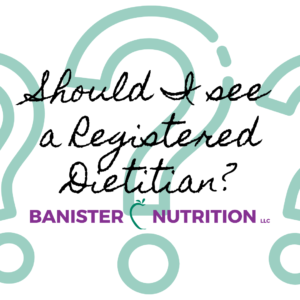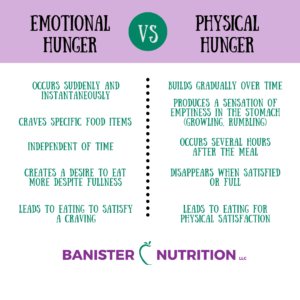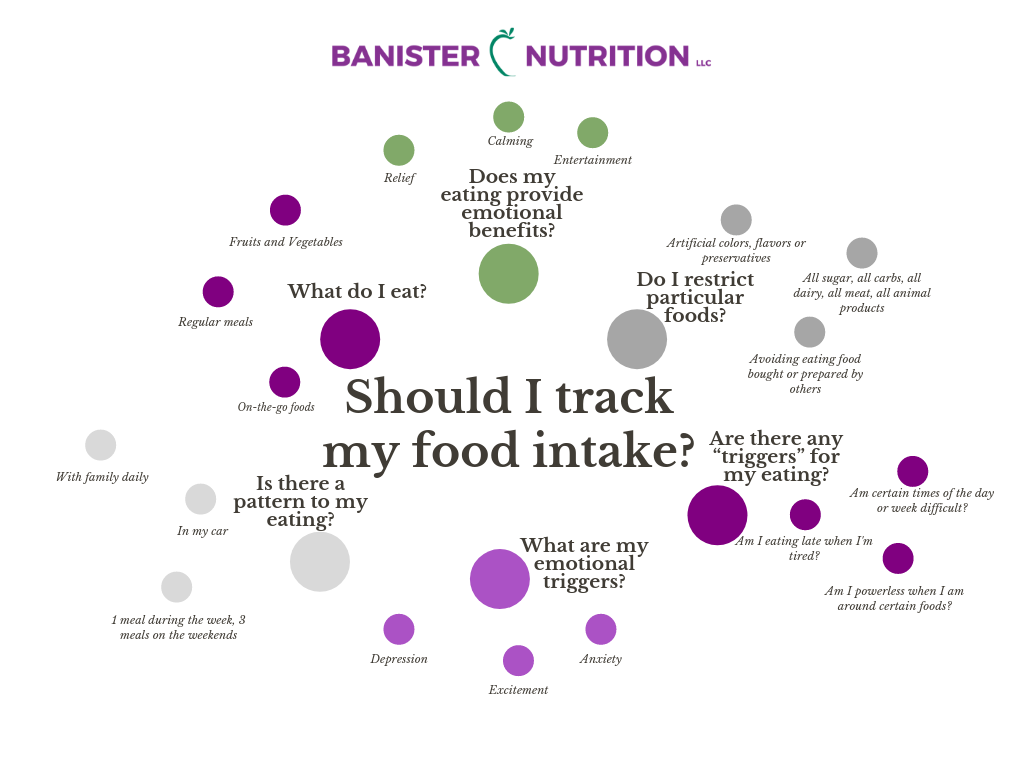Taylor Swift’s Positive Influence on ED Recovery
Celebrities have negatively influenced our society to idolize ‘thin’ idealistic body images, which can lead to disordered eating issues. However, a new research study suggests that celebrities also could influence more positive health outcomes. For instance, a new study shows that singer and superstar Taylor Swift has been able to participate in her fans’ disordered eating recovery process and positively influence body acceptance without even physically “meeting” or “talking” to her fans! This is history in the making!
It’s important for us to fully understand how Taylor was able to achieve this by analyzing the study’s findings so that more celebrities can follow in her footsteps.
Study overview:
The research study looked at over 8300 TikTok and Reddit comments that referenced Taylor’s struggles with body image and disordered eating.
Key findings:
Fans initially developed a sense of trust, personal connection, and admiration towards Taylor through two main sources: her documentary and her songs. Taylor’s followers felt a sense of personal connection, which later encouraged behavior change.
In her documentary “Miss Americana,” Taylor openly talks about her struggles with body image issues and disordered eating multiple times. She mentions feeling that her tummy was too big, triggering her to starve herself, but later expresses this was wrong of her. She says, “If you eat food, have energy, get stronger, you can do all these shows without feeling badly.”
Taylor references wanting a more body-inclusive society and further talks about her personal struggles through her songs. In her song, “You’re on Your Own, Kid,” she says, “I search the party of better bodies” and continues with ”I hosted parties and starved my body.”
Here are three comments that stand out:
1) “Proud of her… and myself because she taught me I’m perfect the way I am.”
2) “She has seriously had such an amazing and profound impact on my life”
3) “I can honestly say that if I didn’t have her inspiration I wouldn’t be where I am today, I wouldn’t be in recovery.”
These comments highlight Taylor’s influential power to promote body acceptance and lead fans into positive behavior changes.
Still Room for Improvement
The research study found mixed reactions from fans in regard to Taylor’s music video “Anti-Hero.” Although Taylor Swift promotes a more weight-inclusive society, in her music video “Anti-Hero,” she steps on a scale that says ‘fat,’ and her alter ego admonishes her. The controversy arises from her pushing body acceptance, but then objectifying the meaning of ‘fat.’ Some fans have found this misleading, while others say that it was insightful to learn more about Taylor’s struggles, relating it to their own. It is important to point out that objectifying body shapes/sizes could hold us back as we move towards creating a ‘body-positive’ society. A body-positive society would ultimately steer away from using descriptive words to define body types.
What does this mean for us? Imagine a society in which celebrities use their fame to promote all body acceptance while supporting positive health outcomes! Taylor Swift proves that celebrities have this ability. Think about how she has made such a large impact on her fans in a short time period and what she could do in the next few years!
Our Take Away:
Celebrities can positively influence our society in regard to better health outcomes.
Celebrities like Taylor Swift have the ability to move our society closer to health and body inclusiveness.
Taylor Swift’s vulnerability about her eating and body struggle has encouraged fans to make positive behavior changes.
To foster a body positive society, we should steer away from using descriptive words to define different body types.


 Another thought is that food can be a distraction from negative feelings and emotions. While consuming food that brings satisfaction it’s easier not to think of the triggers that cause them to overeat. The concern with this is that the distraction is short-lived, and people end up in a similar state that brought them to use food to cope. It’s not uncommon for additional negative emotions such as guilt and concerns about health and weight management.
Another thought is that food can be a distraction from negative feelings and emotions. While consuming food that brings satisfaction it’s easier not to think of the triggers that cause them to overeat. The concern with this is that the distraction is short-lived, and people end up in a similar state that brought them to use food to cope. It’s not uncommon for additional negative emotions such as guilt and concerns about health and weight management.